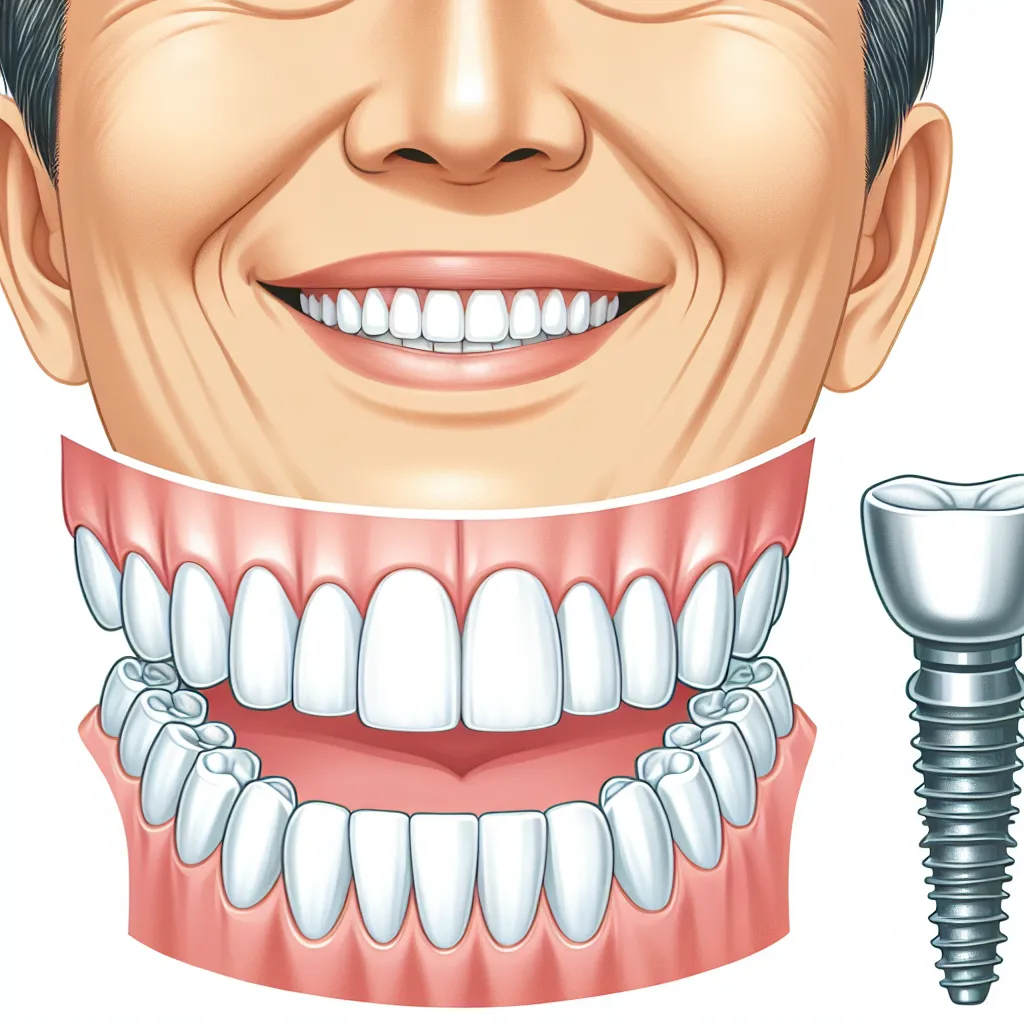Discover how all on 4 dental implants provide a quick, stable, and long-lasting solution for full-mouth restoration and renewed confidence....
Discover how permanent dental implants restore function and confidence, offering a long-lasting solution for missing teeth....


